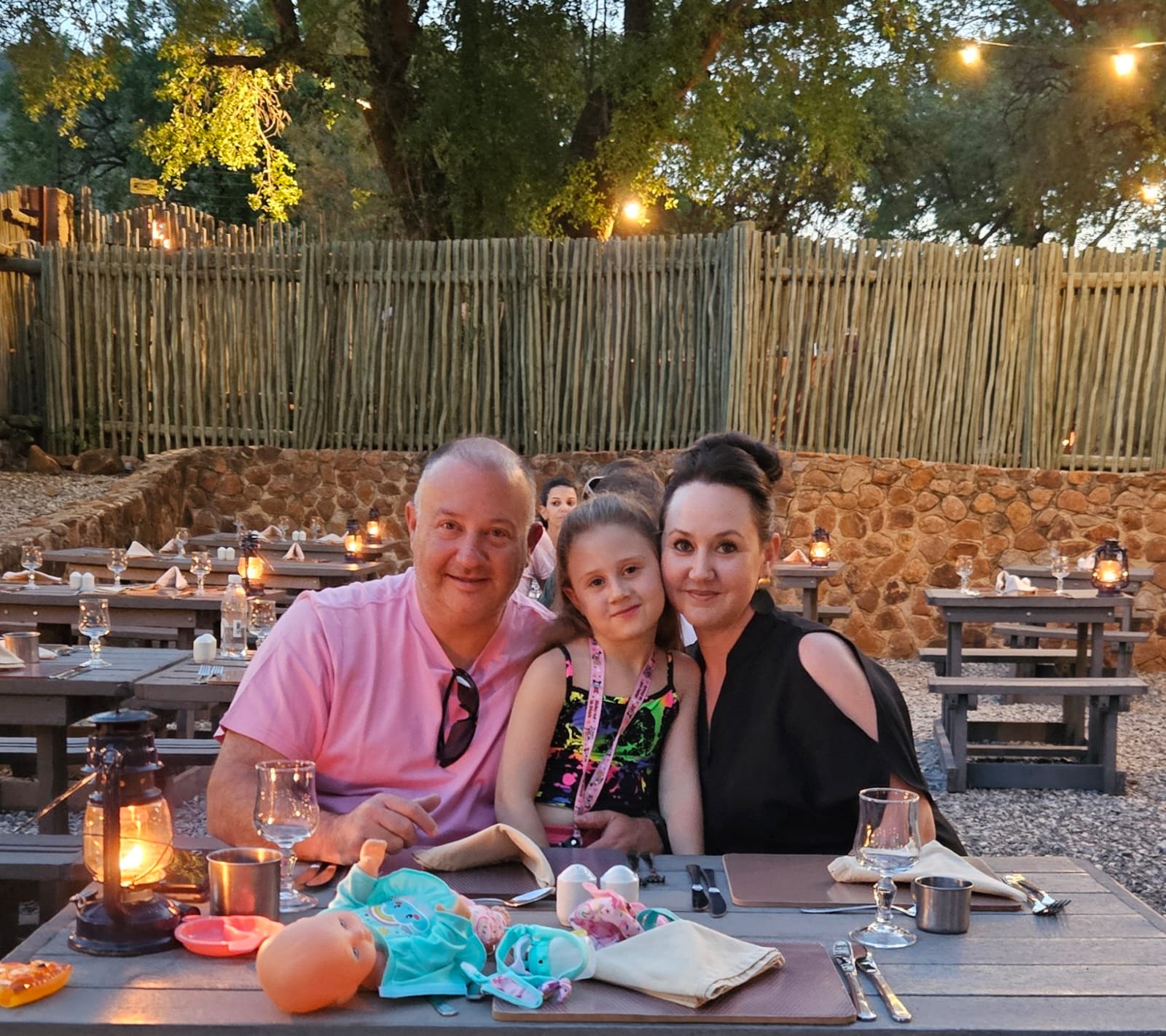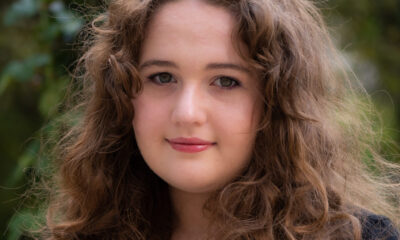
Featured Item

From heartbreak to hope – finding your way to fertility
For some couples, the path to parenthood is a long and difficult one. But thanks to the ever-evolving field of fertility, significantly more people are today able to welcome healthy children.
When Sherice and Garron Zlotnick began trying to conceive at the end of 2007, they could never have imagined the tumultuous journey that lay ahead. Sherice was 26 and neither she nor Garron had obvious fertility issues. “Every scan, every scope revealed that there was no reason that it took me nine years to fall pregnant with my daughter,” says Sherice.
Years of visits to fertility specialists, multiple rounds of artificial insemination, and trying alternative medicine, didn’t work. A later in vitro fertilisation (IVF) cycle was ultimately cancelled due to breakthrough bleeding.
“By the end of 2014, I was in a very bad place,” Sherice says. Feeling like the talk of the town, she found a fertility clinic outside the community and did a round of IVF. While yielding viable embryos, it was unsuccessful. In mid-2016, she tried again and out of the three frozen embryos implanted, one took. To their delight, their daughter Eliana was born in May 2017.
A year later, the Zlotnicks began trying everything to conceive again, but to date have not been able to. “I always thought I’d have a big family,” says Sherice. “I face triggers all the time. It’s coming to terms with the fact that your right as a woman to choose how many children you want has been taken away from you.
“It’s a harrowing journey and it’s taken a huge toll on me. Yet through all the embryo transfer losses, the fact that Eliana stuck is unbelievable. She’s the biggest miracle walking around on planet earth.”
Dr Lawrence Gobetz, a reproductive medicine specialist and a medical director at Vitalab, a centre for assisted conception, says that, “If you’ve had unprotected intercourse for a year and you’re not pregnant, we define this as infertility.”
In general, 86% of patients will be pregnant in the first six months of trying, whereas only 4% will fall pregnant during the next six months, says Gobetz. An important factor, however, is the woman’s age. “Once you’re over 35, or even just in your 30s, don’t wait more than six months without conceiving to consult a fertility specialist.”
While a third of fertility problems can be attributed to the woman, another third affect the male, and the final third is a combination of the two, says Gobetz. That’s why couples who battle to conceive should consult a fertility clinic rather than a gynaecologist.
While it’s not necessarily the solution for everybody and does not have a 100% success rate, IVF can greatly increase a couple’s chances of conceiving. IVF involves combining eggs and sperm outside of a woman’s body, creating an embryo, which is then implanted in the uterus. If a woman’s uterus is compromised, a surrogate can be used to carry the foetus, which comes with numerous legal and halachic ramifications. The same is true of donor eggs or sperm.
While the worldwide incidence of infertility remains fairly steady, says Gobetz, the average age of women who want to start a family is increasing.
Freezing one’s eggs is an option. “Ideally you should be freezing your eggs in your mid to late 20s and not waiting,” says Gobetz. “If, at 45, you use the eggs that you froze when you were 25, your potential to conceive will be what it was when you first put those eggs in the freezer.”
The older you are, the less viable eggs you’ll be able to produce, says Gobetz. “Older eggs ultimately either don’t fertilise, or give rise to genetically abnormal embryos that either have no potential to implant or they miscarry. Then, to conceive, those patients have to use donor eggs, which ignites numerous halachic and emotional issues.”
“The chances of having an ‘aneuploid’, which can result in a child with serious or fatal chromosomal abnormalities, increases as a woman gets older,” says Adele Kazilsky, the chief executive officer of FutureGen Laboratories, the only lab in South Africa that specialises in reproductive genetics. “We test embryos during an IVF treatment before they are reimplanted to make sure that we can optimise the genetic health of the unborn child.”
This testing is called PGT-A (Preimplantation Testing for Aneuploidies) and it looks for chromosomal abnormalities like Down’s Syndrome. “If such issues are found, we will notify the fertility clinic, and they will exclude those embryos from implantation.”
Among their many other offerings, FutureGen is now providing carrier screening for the first time in Africa. This test is a proactive screening before you start your reproductive journey. The test scans up to 600 genes and can identify any potential genetic illnesses that may be harmful if passed on to the next generation. “Before you even start your fertility journey, know your reproductive genetic profile and health status,” says Kazilsky. “It’s a simple saliva test – a once-off test for life.”
“We can never guarantee a healthy baby, or that a spontaneous genetic defect won’t happen to the child during pregnancy. You’re as good as what you test, but today you can mitigate your chances of an unhealthy pregnancy and an unhealthy child in a much bigger way. The rate of healthy pregnancies has increased because of genetic testing.”
FutureGen Laboratories is also partnering with Jewish fertility fund Malka Ella, which will provide funding where needed to assist any Jewish person with carrier screening testing.
Founded more than 22 years ago, Malka Ella funds fertility treatment for married Jewish couples and provides them with emotional and spiritual support throughout the process. “Malka Ella was started in response to our personal fertility journey,” said one of the founders, Suzanne Sackstein.
“After being so grateful to have had children, I realised that there are many other couples in this situation and it’s often a very expensive, lonely, and hard journey.” Treatments range from around R80 000 to R250 000, she says, which is why there’s such a need for financial support for those not on top-tier medical aid plans.
- Visit malkaella.co.za for more information.










